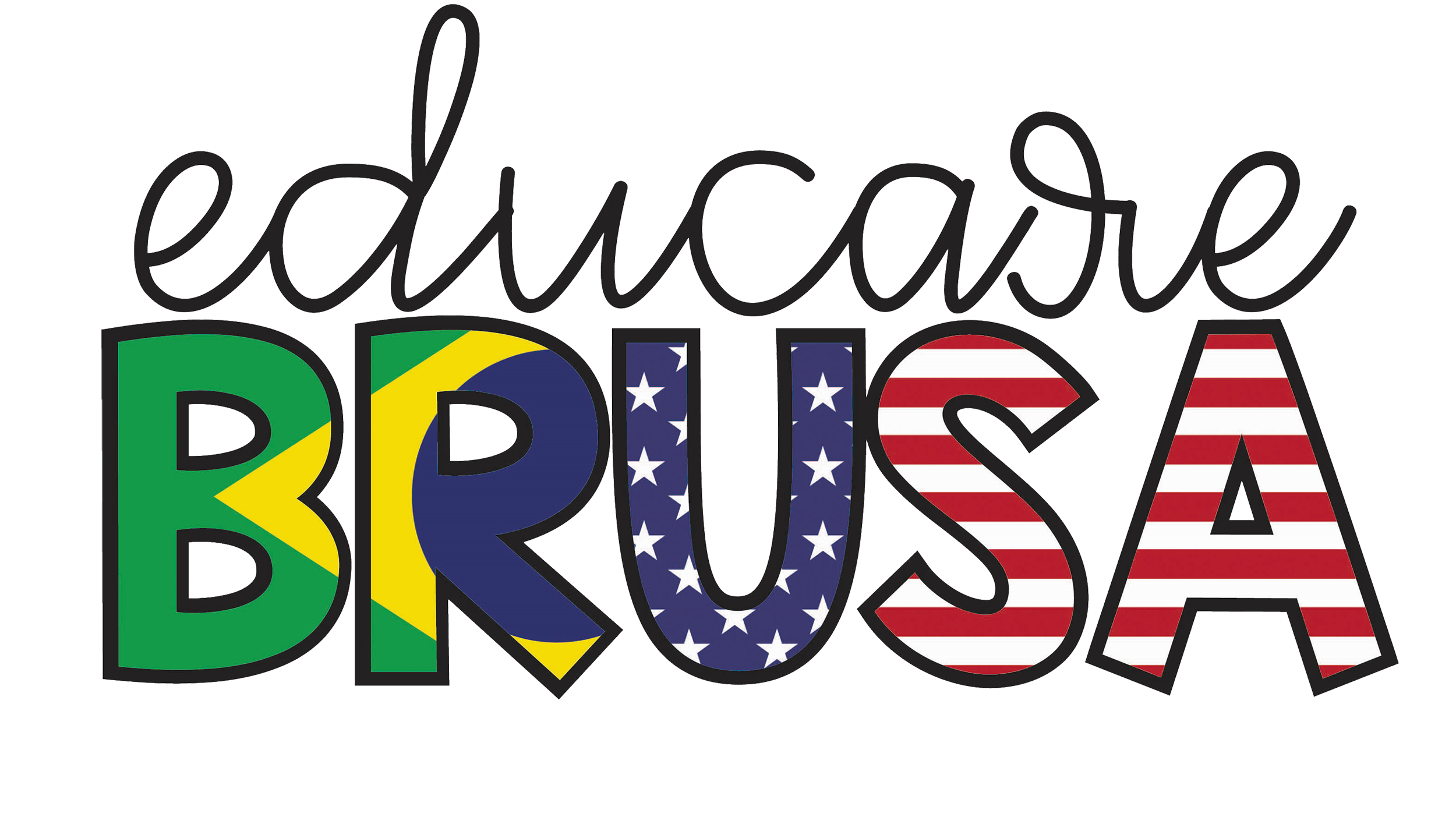Our world is filled with shapes everywhere, from rectangular doors and octagonal stop signs to circular wheels and triangular roofs— shapes are everywhere. Learning about different shapes from an early age not only helps the children identify and organize visual information, but it also helps them in other curricular areas like math, science, and reading, etc.
Children start noticing shapes from a very early age, even if they do not know that these shapes have their names. If you have experience teaching preschoolers, you might know that the children have a challenging time learning about shapes. Teaching properties and naming of different shapes to kids requires great skill and creativity.
The drill is further made challenging when you are teaching a child with special needs. Children with special comparatively require more attention and effort to teach.
Today, we are going to talk about shape recognition and its benefits. I will also share some wonderful interactive activities for shape recognition that will engage our students and make the learning more fruitful at the same time.
Learning shapes and their importance for children with special needs
1. Early math skills
One of the most initial steps in teaching primary mathematics is making young students understand different numbers and letters. Numbers and letters come from the combination of different lines and shapes. Having an early understanding of different shapes and figures help the preschoolers better recognize the. Geometry is considered as a component of pre-K learning by the National Council of Teachers of Mathematics. A thorough understanding of different shapes by the end of preschool gives students a headstart in learning basic math.
2. Positive effect on verbal communication and expression
Recognizing shapes and learning their names at an early age is seen to have a positive building effect on preschool children’s verbal communication. Knowing the difference between a square and a circle expands his vocabulary. The same can be said about learning about different colors. The basic knowledge of shapes makes them more descriptive in their sentences. For example, your child will tell you that he/she wants a triangular cookie or an orange ball to play with.
3. Sorting skills
Many experts consider sorting a basic component of preschool teaching. Knowing about the shapes and sizes of the objects enables the children to learn about their attributes. Sorting skills expand kids’ imaginations and let them build up creative skills such as grouping different items from a pile of items based on their similarities and differences of their shapes. Understanding’ how many sides a square has’ also helps your children learn to count.
4. Problem-solving skills
Shape recognition activities can help your child develop problem-solving skills. Shape sorting toys is one of its examples. When a child learns about a square and understands its characteristics, he/she can simply place it on another block to fit into the holes. The same can be said about puzzles. Puzzles are beneficial for skills requiring intelligence in the preschoolers. A child can place a piece into another piece with the knowledge about its shape and comparing it to the number and type of holes the missing piece required. Experts highly recommend puzzle and other intelligence requiring activities for preschoolers.
5. Beginning literacy
Letters and words are all about lines and shapes intersecting each other at different angles. Children with a thorough knowledge of shapes are better equipped to understand different letters and shapes and work on them. It not only helps them with reading but also enables them to learn writing comparatively quicker. The more the preschoolers have practice with shapes and figures, the more comfortable they learn to write them and translate them onto a paper. Their writing might look a bit gibberish in the beginning, but eventually, they will improve with time and practice.
Shape practicing activities for preschoolers with special needs by Educarebrusa
Educarebrusa is an online store that provides shape practicing activities and other tonnes of such activities specially designed for preschool children with special needs. These activities can also be purchased and taught at home for pre-K education. We have prepared a list of activities that you can easily access from the comfort of your home and teach your children. To access the activities, click here.
What do we provide?
In this pack, we have prepared a collection of fun and interactive activities and games that focuses on teaching shape recognition. The pack features games, interactive puzzles and handwriting activities concentrate mainly on two-dimensional and three-dimensional shape recognition. It can be taught at to children at pre-K, kindergarten and homeschooling. The kids would be able to name different shapes at the end of the session in the assessments that the pack provides.
Aim of Educarebrusa
Educarebrusa aims to make learning fun and interactive. We work to provide you with products that can be purchased from the comfort of your home and used to make learning more effective. We have a variety of activities and worksheets specially designed for children of different age groups from pre-K to grade 6. Our products make teaching easy and useful, both for the teachers and students. Visit our website today, and get your hands on fun and interactive educational activities for every grade.
